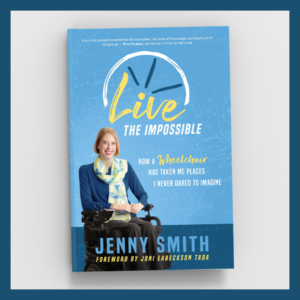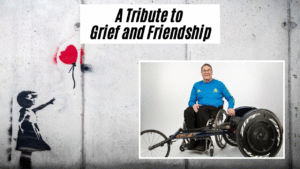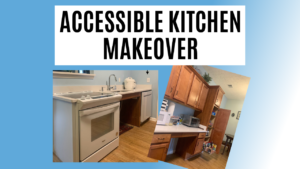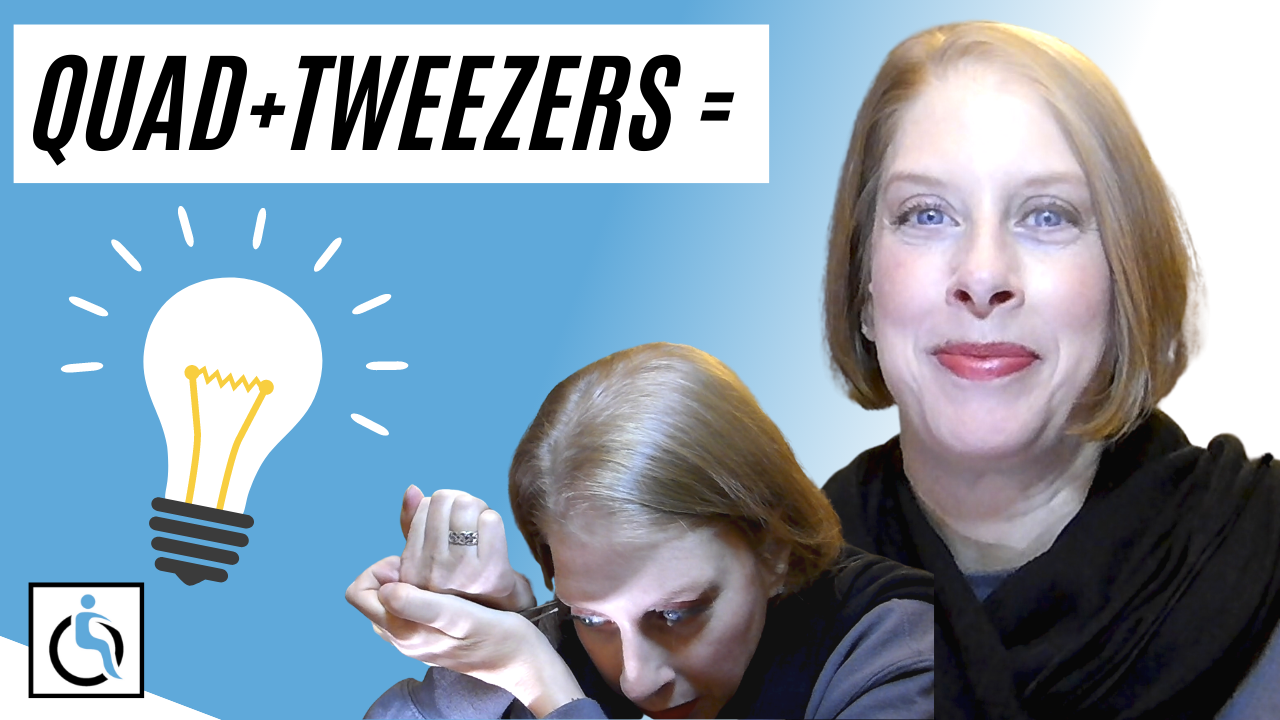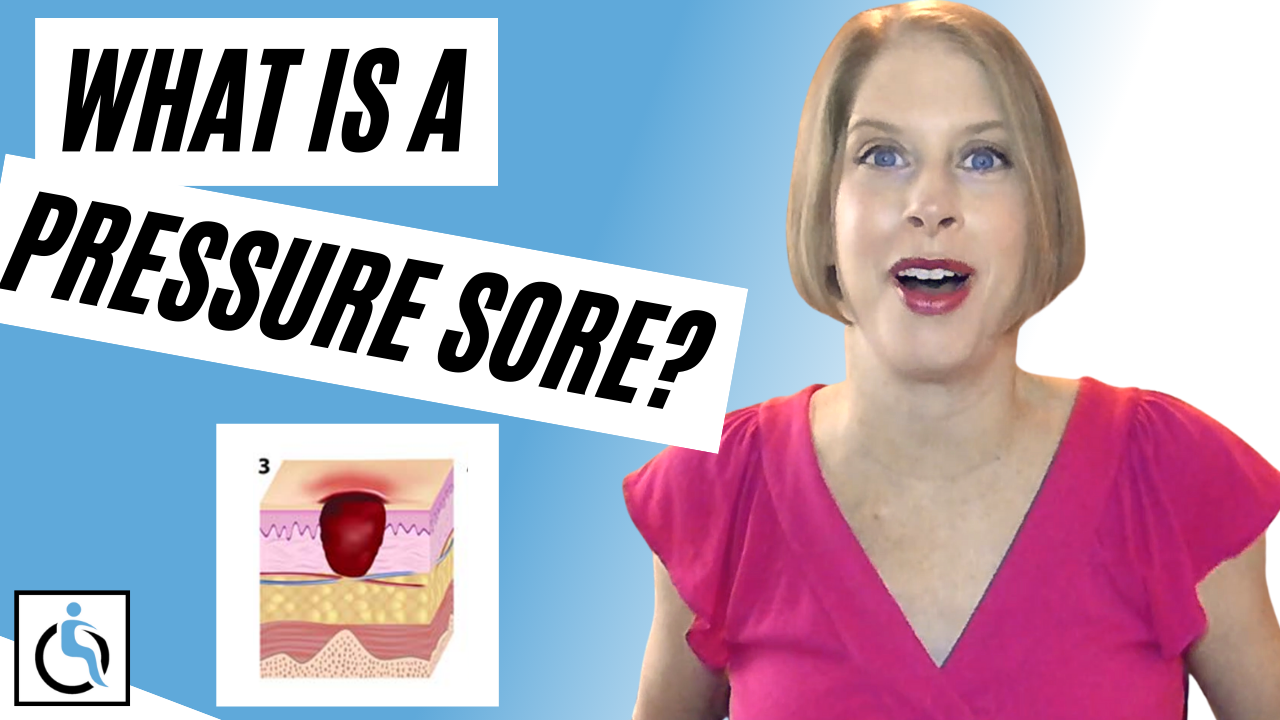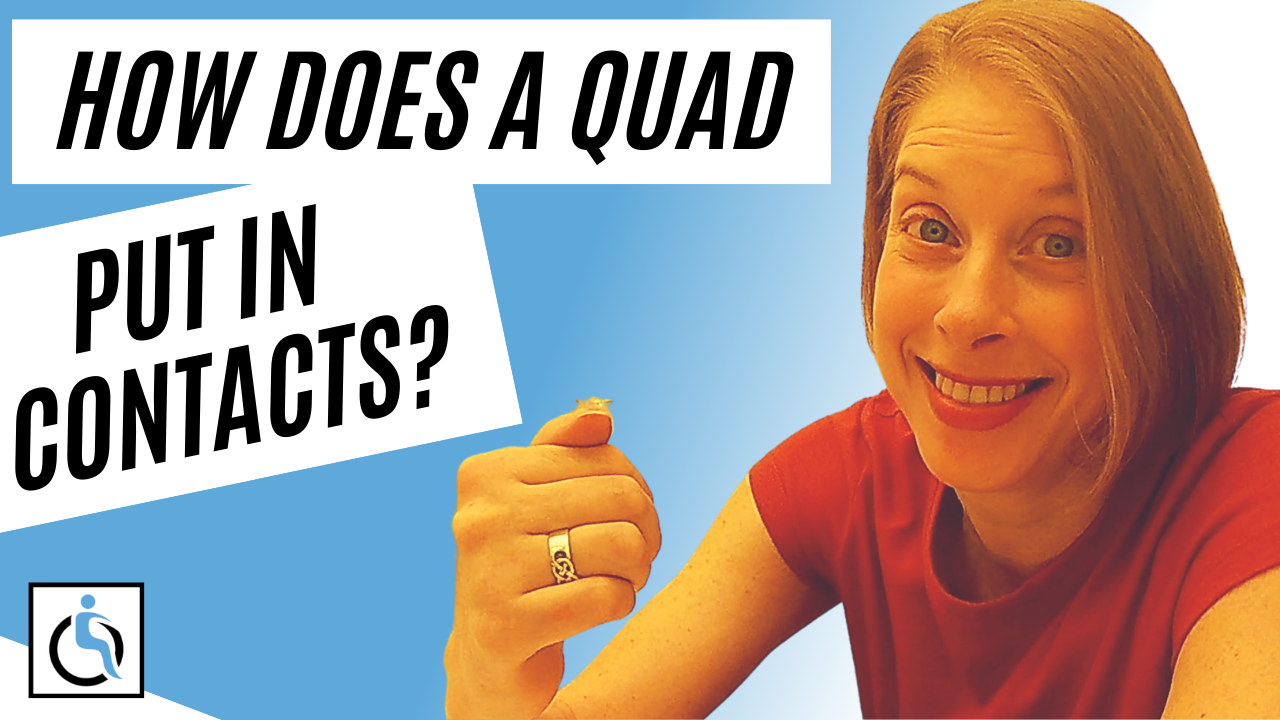Over the past few years I have heard a new-to-me word used by people in the disability community: ableism.
Another –ism? I understand racism. And sexism. But ableism?
If you are like me, you might be asking, What exactly is ableism?
Ableism is a word used interchangeably with disability discrimination or prejudice. Ableism is the belief that able-bodied individuals – or their abilities – are more valuable and appreciated than those of people with disabilities.
I’ll admit, I have rolled my eyes as I read articles using the word.
Why?
Well, I have never felt blatantly discriminated against because I have a disability. Yes, as a C6-7 quad for 30 years, I’ve had many frustrating experiences. The cashier talking to the person with whom I was shopping instead of me. The job I didn’t get when I showed up and the interview – and the job – were located on the second floor of a condo office building. No elevator. No job.
But I regarded these as examples of ignorance and the lack of reach of the ADA.
This didn’t feel like discrimination. Not ableism.
What just happened?
When my doctor moved practices, I needed to get established with the new office. I spent 20 minutes on the phone answering a never-ending list of questions by the medical receptionist. After my name, address and birth date were established, she asked more questions. Who is my emergency contact person? My primary care doctor? Preferred religion?
Standard questions.
And then the conversation took an uncomfortable turn.
“So you have no barriers…” This was a statement not a question. But I wasn’t sure what she meant.
“Well, I use a wheelchair. Is that what you mean?”
“Oh. But…” she stammered for words. “You aren’t blind, you can hear, and you can read and write?”
“I have limited function of my hands which can affect some things.” And then I thought I should clarify the situation directly. “I’m a quadriplegic.”
“Oh… Okay.” I heard her typing my answers through the phone. “So you don’t work.”
My blood boiled. Once again, this was a statement, not a question.
“Actually, I work full-time. And I have a second job.”
Outright condescension oozed from her lips as she replied, “Aw, good for you.”
Insert eye roll and shaking of the head.
She assumed I didn’t work because I have a disability.
After hanging up, I tried to process the situation by writing it down. Then I quickly shared my experience on social media. One person commented with a single word: Ableism.
That’s when it clicked for me. So that’s ableism.
When someone holds preconceived notions, beliefs, stereotypes, or prejudices about a group of people, it’s an –ism. Although I’d never had a name – or an experience – for it before, I certainly do now.
Taking the opportunity to educate
In a few weeks’ time, I went to the appointment with my doctor. Before we finished she asked, “Is there anything else?”
Taking a deep breath, I explained the conversation with the receptionist. I emphasized the importance of the questions, especially knowing the physical barriers patients with disabilities often experience during an appointment. After all, medical professionals need to know beforehand if a patient requires assistance transferring to an exam table, filling out forms, an interpreter, etc., in order to accommodate as required by the ADA. But I explained that the medical assistant needed to ask the questions, not assume the answers.
Thankfully, my concerns were well received. Several days later I received a follow-up call from the provider. She informed me the office manager planned to give additional training about the purpose of the questions the staff asks the patients.
Will it be enough? I don’t know. But it’s a start.
Paying it forward
Why take up the doctor’s time and bring up the subject? It’s much easier to whine on social media or do nothing or hold grudges. But not much gets accomplished that way. Hopefully, each attempt at education and advocacy will lessen the likelihood that someone will experience what I did.
In previous decades, thousands of people with disabilities – who didn’t know me – advocated on my behalf, giving birth to Section 504 of the Rehabilitation Act, the Americans with Disabilities Act and the Air Carrier Access Act.
Their efforts allow me to live the life I do today.
Hopefully, the small part I can play in education and advocacy will lead to a better future for the generations to come.
Want to Learn More?
I highly recommend watching Crip Camp on Netflix (an incredible documentary) or reading Judith Huemann’s Being Heumann: An Unrepentant Memoir of a Disability Rights Activist to learn more about the people who advocated for people with disabilities.
